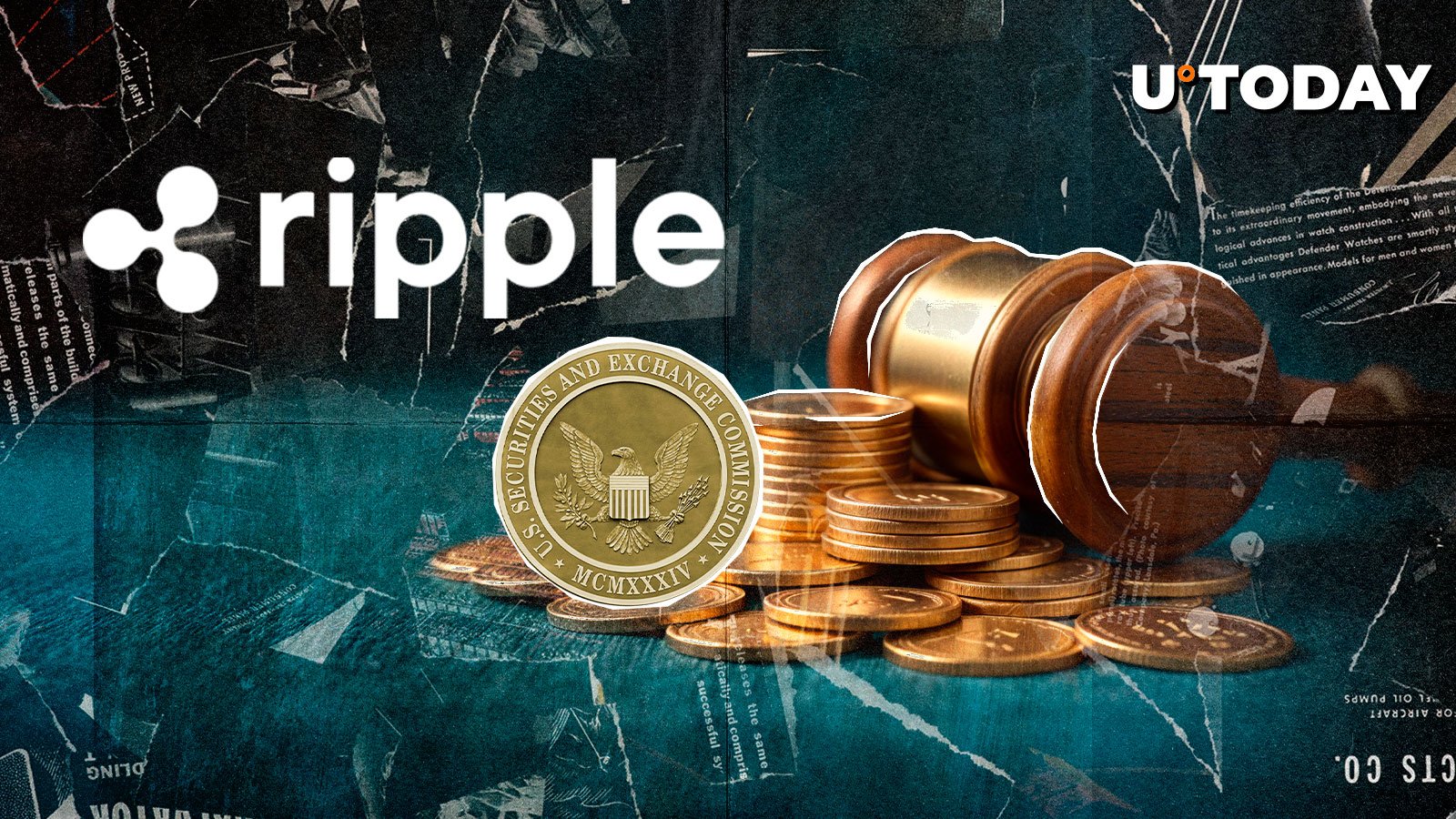AdvertisementRipple Labs, originally named OpenCoin, was founded to create a decentralized system for faster, cheaper transactions, bridging digital assets with mainstream finance using XRP. Unlike Bitcoin, Ripple employs a unique consensus algorithm relying on bank-controlled validators.In 2020, the SEC sued Ripple, alleging XRP was an unregistered security. A court later ruled XRP was not a security for retail sales but found violations in institutional sales.With a new crypto-friendly SEC administration, Ripple hopes for regulatory clarity and has urged the agency to drop the case initiated under former SEC Chair Jay Clayton.SEC v. Ripple complete timelineThe legal battle between Ripple Labs and the U.S. Securities and Exchange Commission (SEC) began Dec. 22, 2020, when the SEC accused Ripple’s CEO Brad Garlinghouse and co-founder Chris Larsen of conducting an unregistered securities offering by selling XRP.AdvertisementThe SEC alleged that Ripple raised $1.3 billion through XRP sales, arguing that the company’s control over XRP’s supply and promotion met the Howey test criteria for a security. Ripple denied the allegations, asserting that XRP is a digital currency, not a security.A key factor in the case was Ripple’s unique structure. Unlike decentralized cryptocurrencies like Bitcoin, Ripple operates a network of bank-controlled servers to validate transactions, and XRP’s entire 100 billion token supply was premined.BenefitsXRPBitcoinFast3-5 seconds to settle500 seconds to settleLow-Cost$0.0002/tx$0.50/txScalable1,500 tx per second3 tx per secondThe SEC argued that Ripple’s ongoing control over XRP’s supply and active promotion of its value established XRP as a security, requiring proper registration.On July 13, 2023, Judge Analisa Torres delivered a mixed ruling that provided regulatory clarity. The court determined that XRP itself is not inherently a security, offering relief to retail investors.However, the judge ruled that Ripple’s institutional sales of XRP constituted securities transactions, highlighting the importance of how digital assets are marketed and sold.Following this ruling, on Aug. 7, 2024, the court imposed a $125 million civil penalty on Ripple for its institutional sales violations. However, the SEC’s requests for disgorgement of profits and additional prejudgment interest were denied.Additionally, Ripple was barred from violating securities laws in connection with future institutional sales.This case marked a turning point in cryptocurrency regulation, setting a precedent for how digital assets are classified under U.S. securities law.New SEC appealThe legal battle escalated when both Ripple and the SEC filed appeals on Oct. 3, 2024, moving the case to the Second Circuit Court of Appeals.In January 2025, the SEC submitted its opening brief, arguing that the district court erred in ruling that Ripple’s XRP sales failed to meet the Howey Test’s expectation-of-profits and investment-of-money requireme

